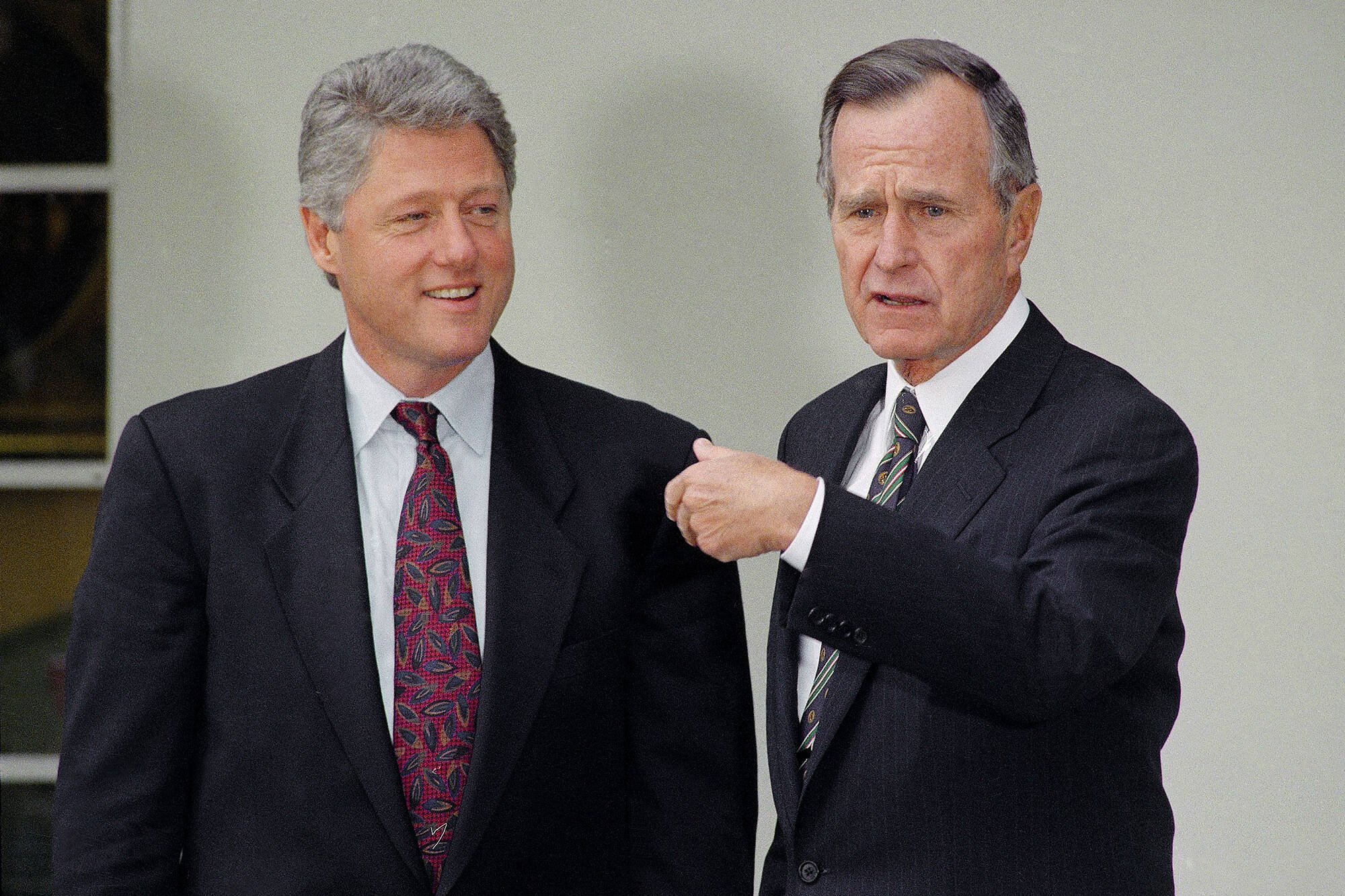How the two major parties collude to keep independents and third parties off the ballot
Ryan Clancy, No Labels’ chief strategist, appeared on CBS this week with a plainspoken truth that rarely gets airtime:
“If you’re trying to get on the ballot, the two parties do absolutely everything they can to make your life impossible… They really have what is in effect a cartel in all 50 states that these two parties control. And cartels don’t like competition.”
He’s not wrong. The two major parties don’t just compete. They often collude to keep everyone else out, denying independents – the plurality of Americans – a real choice at the ballot box.
Here’s what that looks like in practice.
Built to Keep Them Out
Getting on the ballot as an independent or a third-party candidate typically requires getting enough voters to sign a petition. There’s only so much space on a paper ballot, and states can’t just let anyone put their name down without at least some level of public support.
But some states have taken these requirements to the extreme, requiring an enormous number of signatures and/or an impossibly short time frame to collect them.
- New York requires 45,000 signatures collected in six weeks
- Texas requires 113,000 signatures collected over 10 weeks, and signers cannot have voted in the Democratic or Republican primary that year
- Montana requires 150 signatures in at least 34 different state legislative districts (many of those districts are extremely rural and have just a few thousand residents).
But Georgia may take the cake for the most onerous requirements.
An independent Congressional candidate needs the signatures of 5% of voters in their district – which could take 43,000 signatures in just one district. In the 80+ years since the law was passed, no independent candidate has ever qualified for the ballot. In practice, this law is an outright ban on independent candidates.
Changing the Rules Mid-Game
States don’t just set high bars for ballot access; they sometimes raise the bar in the middle of a cycle, turning it into a moving target for independents and third parties.
In New York, legislators rewrote ballot-access laws in the middle of the 2020 election cycle. The new rules:
- Tripled the signature requirement (from 15,000 to 45,000) to get on the ballot.
- Raised the threshold (from 50,000 votes every four years to 130,000 votes every two years) to stay on the ballot.
Most minor parties were wiped out overnight. The 2022 governor’s race had just two candidates, the first time that’s happened since 1946.
In Nevada, lawmakers changed signature rules after petitioning for the 2022 midterms had already begun. Minor parties had to collect petition signatures equally across the state’s four congressional districts, and any signatures already collected under the old system were tossed out. Campaigns lost more than a year of work and had to start over with just five months left before the election.
Weaponizing Bureaucracy
The two major parties are quick to sue and use other tactics to deny voters a choice.
In North Carolina, Democrats fought to block the Green Party from the 2022 Senate ballot by challenging signatures in court, calling voters and telling them to remove their name from the petition, and refusing to place Green candidates on the ballot.
A federal judge ordered the Greens back on the ballot, and later forced the Democratic Party to pay their legal fees, calling their tactics “frivolous.”
In Texas, Republicans passed a new law in 2020 requiring third-party candidates to pay filing fees for the first time. Those fees went toward Texas’s primary fund, meaning minor parties (who nominate by convention, not by primary) were forced to subsidize Republican and Democratic primaries.
The Texas GOP sued to kick dozens of Libertarian nominees off the ballot for not paying the fees.
Voters Deserve Better
When the two parties change the rules to block competition, they’re not just protecting themselves, they’re cutting the public out of the process.
Americans deserve real choices on the ballot. They deserve a system that serves them, not the parties. Right now, they’re not getting that.
Related
Peyton Lofton
Peyton Lofton is Senior Policy Analyst at No Labels and has spent his career writing for the common sense majority. His work has appeared in the Washington Examiner, RealClearPolicy, and the South Florida Sun Sentinel. Peyton holds a degree in political science from Tulane University.







You must be logged in to post a comment.